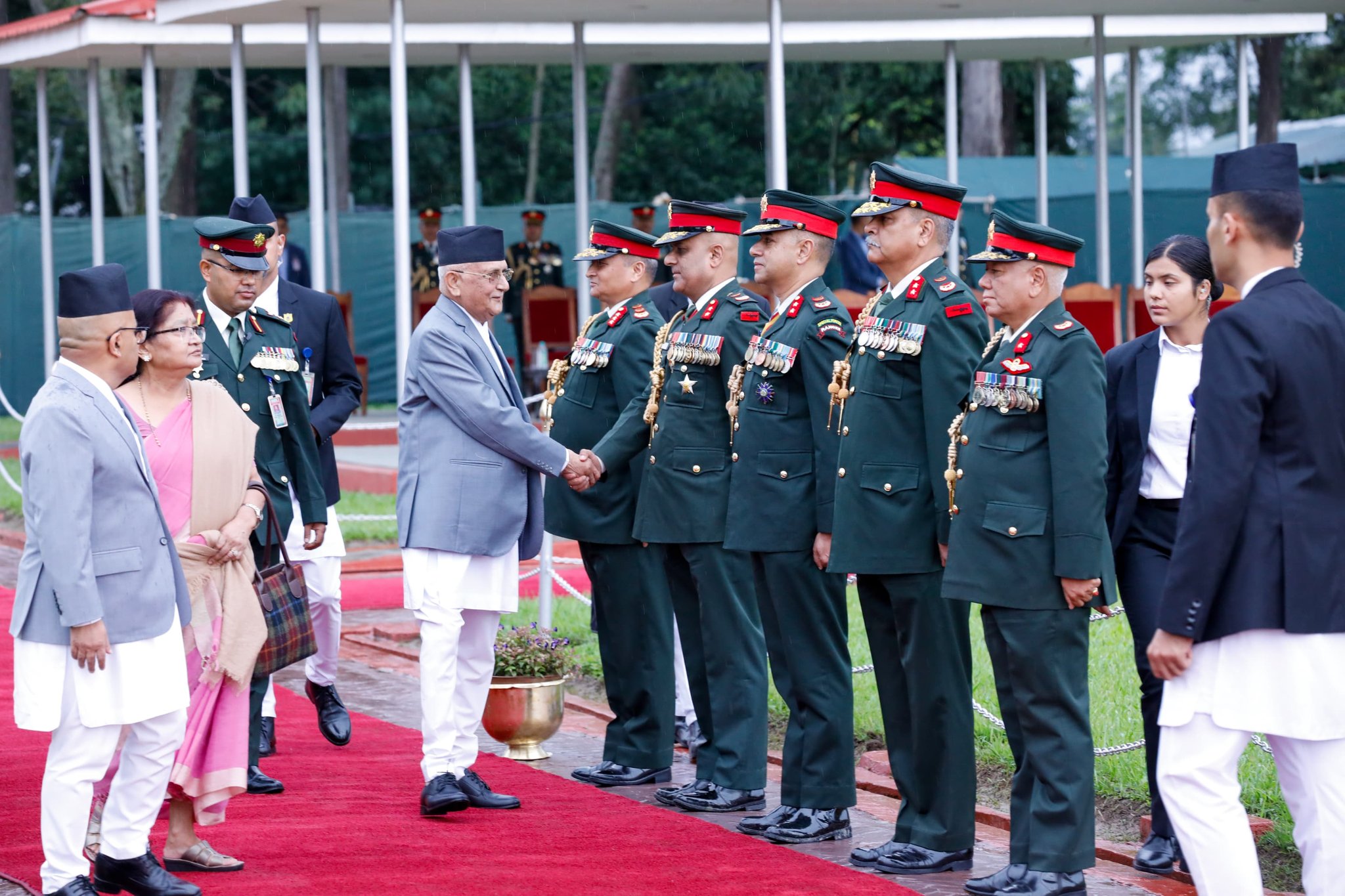The government’s repeated pledges of austerity have been exposed as empty rhetoric, with leaders indulging in costly foreign junkets, oversized delegations and luxury perks at taxpayers’ expense. This fiscal irresponsibility has deepened Nepal’s debt burden, drained resources from essential services and betrayed public trust in governance.
The government’s repeated proclamations of austerity have been repeatedly exposed as hollow rhetoric. Taxpayers’ money is routinely wasted on oversized foreign junkets, luxury vehicles for officials and inflated cabinets created to appease political coalitions. Unplanned development projects, duplicative commissions and populist schemes without funding drain scarce resources while hospitals, schools, and infrastructure remain underutilized or abandoned. These practices reflect a culture of financial irresponsibility where political privilege is prioritised over genuine public need. The glaring example of the government’s hollow promise of austerity measures is reflected in the frequency of foreign visits of our politicians and top bureaucrats at tax payers’ expense. A recent cabinet meeting held on August 29 tells the story in numbers: of the 24 decisions made, one-third—eight in total—were approvals for foreign visits. This comes just months after the cabinet itself pledged to limit official trips abroad in the name of fiscal discipline amid deteriorating financial health of the country. This, however, is not a new problem. Over the years, successive governments have promised to curb junkets and streamline foreign travel. Rules introduced in 2021 explicitly capped the number of officials allowed to participate in foreign visits and observation tours. Yet these rules have never been seriously enforced. Even the March 2025 cabinet decision to limit delegations led by the President or Prime Minister to 21 members has already been flouted, with Prime Minister KP Sharma Oli leading a 23-member team to the SCO Summit in China.
Govt’s foreign trips overshadow cabinet’s austerity pledges

The consequences of this irresponsibility are serious. Last Fiscal Year (FY) alone, the government reportedly spent over Rs 3 billion on foreign trips—funds drawn from taxpayers’ pockets at a time when the country faces inadequate revenue collection and ballooning debt. The FY 2024/25 saw Nepal’s public debt rise by Rs 231.08 billion, pushing the total to a staggering Rs 2.669 trillion. Even more alarming, nearly Rs 362.59 billion was spent solely on servicing existing loans, money that could have been channelled into urgently needed development projects. This mismanagement exposes the hollowness of the government’s priorities. Of the Rs 1.964 trillion budget for the current FY, over 60 percent is earmarked for recurrent expenditure—largely administrative and operational costs—while less than a quarter goes to development projects. Yet ministers and senior bureaucrats continue to treat foreign trips as personal privileges rather than as serious, necessity-driven state responsibilities. The consequence for this is further increase in public debt. The head of the government must lead by example and take every measure possible to ensure that austerity measures are strictly followed.
The government’s behaviour is not merely symbolic of negligence; it is a betrayal of the public trust. At a time when citizens are grappling with rising costs, unemployment and inadequate services, their leaders indulge in expensive tours abroad. As former officials have pointed out, these foreign junkets rarely yield tangible benefits for the country, but they do drain scarce resources and further weaken the credibility of the state. If the government cannot abide by its own austerity commitments, it sends a dangerous message: that fiscal responsibility is for the people, not for those in power. The cabinet’s actions have undermined confidence in governance and deepened the financial strain on a nation already buckling under debt. Nepal does not need more pledges; it needs discipline. Foreign trips should be justified strictly on merit and necessity, with transparent reporting on costs and outcomes. Anything less is a disservice to the people, who deserve leaders that put national interest above personal privilege.



































